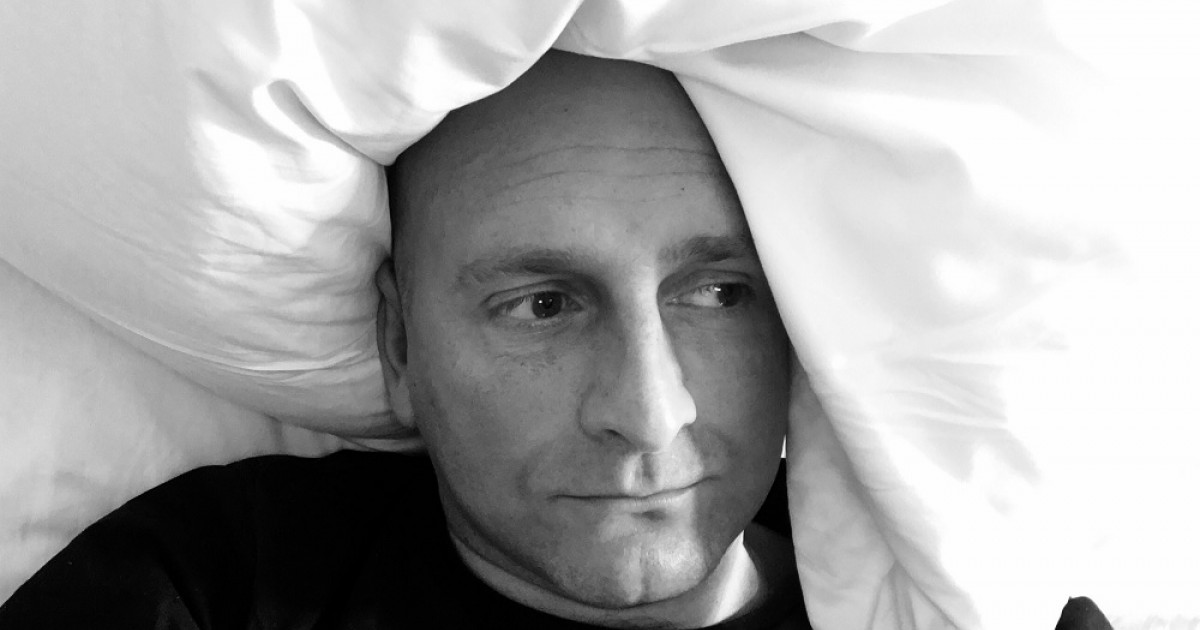What is the treatment for delayed ejaculation?
Delayed ejaculation, characterized by significant difficulty or inability to reach orgasm, can be deeply frustrating for individuals and their partners. While some mistakenly believe longer sexual encounters are better, prolonged efforts to ejaculate often lead to dissatisfaction and relationship strain. This article explores the causes, symptoms, and effective treatments for delayed ejaculation.
What is Delayed Ejaculation?
Delayed ejaculation (DE) is a male orgasmic disorder where ejaculation is significantly delayed or absent despite adequate sexual stimulation and personal desire. This condition occurs after a normal arousal phase during sexual activity. Approximately 2-6% of men experience delayed ejaculation.
Types of Delayed Ejaculation
Delayed ejaculation can manifest in various forms, categorized by its nature and onset.
By Degree of Difficulty
- Prolonged Ejaculation: Ejaculation eventually occurs, but only after an unusually long period of stimulation, often causing distress or discomfort.
- Situational Anorgasmia: Ejaculation is impossible during partnered sexual activity, but possible through masturbation.
- Total Anorgasmia (Anejaculation): A complete inability to ejaculate under any circumstances, including masturbation.
By Onset
- Primary Delayed Ejaculation: The individual has never been able to ejaculate during partnered sexual activity.
- Secondary Delayed Ejaculation: The individual previously experienced normal ejaculation but has developed difficulties over time.
Recognizing Symptoms of Delayed Ejaculation
While some men with DE may require 30 minutes or more of continuous sexual stimulation to ejaculate, the primary diagnostic indicator is not just the time itself. The key factor is the personal distress, frustration, or sexual fatigue caused by the lack of control over ejaculation. If this delay leads to an unsatisfying sexual experience for you or your partner, it indicates a significant issue.
Causes of Delayed Ejaculation
The origins of delayed ejaculation are multifaceted, often stemming from psychological, physiological, or pharmaceutical factors.
Psychological Factors
Many cases of DE have a strong psychological component.
- Upbringing and Beliefs: A strict or punitive upbringing regarding sexuality can lead to unconscious beliefs that sex is “bad” or shameful.
- Performance Anxiety: Excessive self-expectation, preoccupation with performance, or over-focus on satisfying a partner can hinder natural relaxation and pleasure.
- Interpersonal Issues: Fear of intimacy, anxiety about unwanted pregnancy, unresolved relationship conflicts, or issues with sexual identity may contribute.
- Masturbation Habits: Certain masturbatory techniques, especially those involving intense pressure or very rapid movements, can make it challenging to achieve sufficient stimulation solely through penetration.
Organic and Medical Conditions
Various physical health issues can impact ejaculatory function.
- Neurological Disorders: Conditions like stroke, spinal cord injuries, or neuropathies can disrupt nerve signals essential for ejaculation.
- Chronic Diseases: Diabetes, urinary tract problems, and depression are known contributors to DE.
- Substance Use: Excessive alcohol consumption or drug use can also impair ejaculatory response.
Medication Side Effects
Several classes of medications can cause or exacerbate delayed ejaculation.
- Antidepressants: Selective serotonin reuptake inhibitors (SSRIs) are particularly noted for this side effect.
- Anxiolytics and Antihypertensives: Certain anti-anxiety and blood pressure medications can also delay ejaculation.
- Erectile Dysfunction Medications: Paradoxically, some drugs used to treat erectile dysfunction can sometimes contribute to DE.
Consequences of Untreated Delayed Ejaculation
The prolonged nature of sexual encounters due to DE can lead to significant distress and relationship challenges.
- Physical Discomfort: Both partners may experience genital pain, irritation, or soreness from extended stimulation.
- Loss of Sexual Interest: The repeated cycle of frustration, anxiety, and fatigue can diminish interest in sexual activity altogether.
- Partner Insecurity: Partners may internalize the issue, feeling unattractive or inadequate, leading to decreased self-esteem and self-confidence.
- Conception Difficulties: For couples trying to conceive, the inability to ejaculate during coitus can add substantial stress and tension.
- Relationship Strain: Over time, untreated DE can cause emotional distancing and conflicts, potentially leading to relationship breakdown.
Treatment Approaches for Delayed Ejaculation
Effective treatment for delayed ejaculation often involves a comprehensive psychological and behavioral approach, potentially including couples therapy.
Psychological Therapies
- Clinical Hypnosis: This technique can help individuals access and reframe subconscious beliefs or negative attitudes about sexuality that may be contributing to DE.
- EMDR (Eye Movement Desensitization and Reprocessing) & EFT (Emotional Freedom Techniques): These therapies can help process and release emotional residues from past negative experiences that fuel anxiety and tension around sexual performance.
- Behavioral Techniques and Sexual Therapy:
- Exercises are designed to reconnect individuals with their physical sensations and disengage from performance anxiety.
- Focuses on breaking the cycle where negative thoughts about ejaculating override erotic fantasies and natural stimulation.
- Includes relaxation and mindfulness techniques to help individuals be present and reduce anxiety during sexual encounters.
Couples Therapy
When DE impacts a relationship, therapy involving both partners is crucial. This approach aims to:
- Strengthen the relationship and resolve underlying conflicts.
- Improve communication about sexual needs and desires.
- Work towards a more mutually satisfying sexual life.
Specialized sexologists and relationship therapists are equipped to address the diverse facets of delayed ejaculation, providing tailored interventions to help individuals and couples achieve healthier and more fulfilling sexual experiences. Through treatment, patients typically experience:
- Enhanced relaxation and reduced anxiety during sexual encounters.
- Improved ability to ejaculate naturally and experience more satisfying orgasms.
- Greater sexual pleasure and intimacy with their partner.
- Increased self-confidence and a stronger sense of self-control regarding their sexual function.

